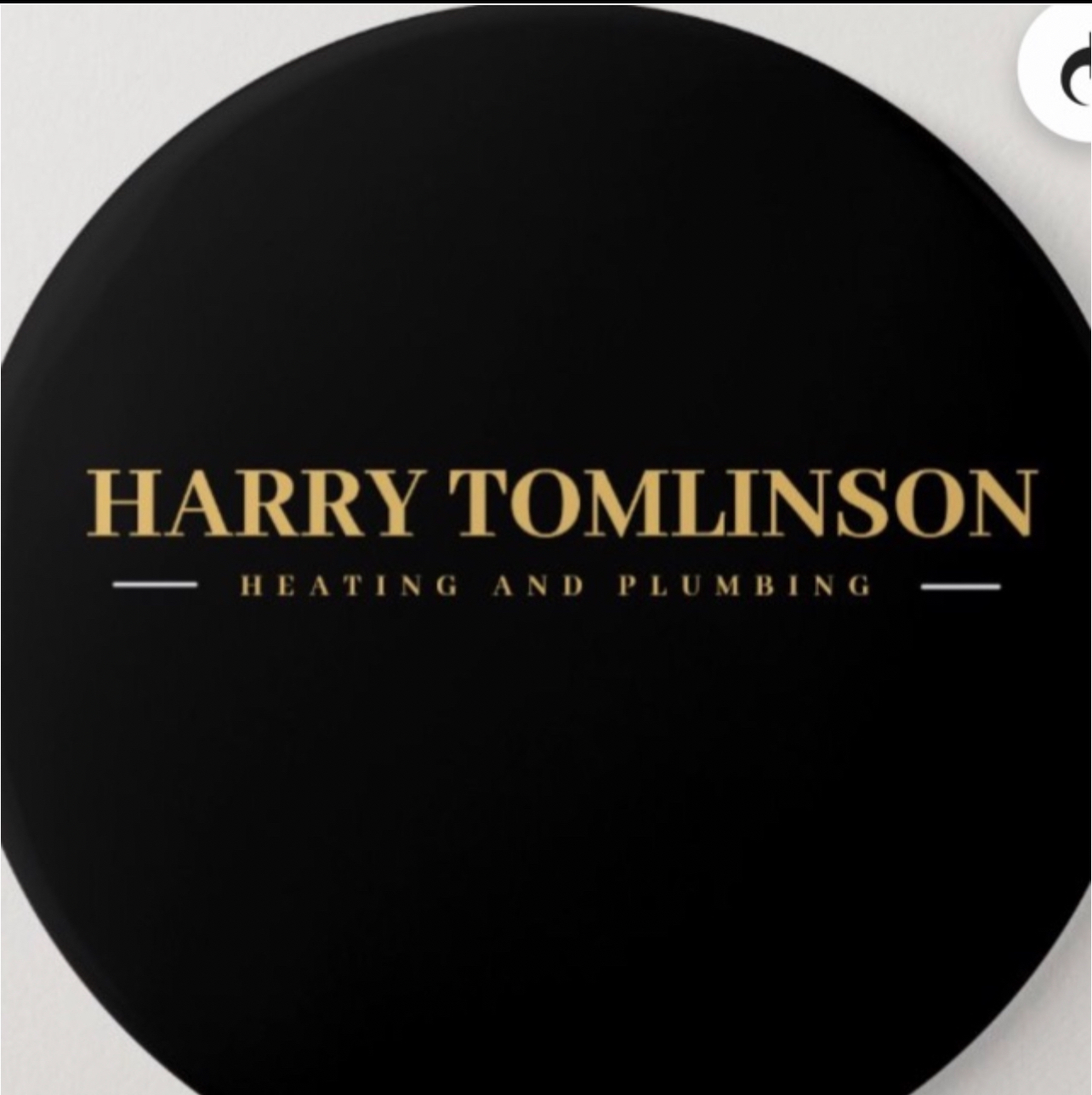
Top tips for saving water in the garden
- Harry Tomlinson

- Jun 7, 2024
- 3 min read
Updated: Jun 15, 2025
Sustainability & Water efficiency .
It's warming up, which makes it the perfect time to potter around in the garden. Whether you are giving it an overhaul for summer, or getting on top of the day-to-day maintenance, there are several ways to save you money on your water bill too. In this blog i will cover my top tips to cut water waste in the garden.
1) Install a water butt
If you have a number of plants to tend, you can ditch the tap water and use rainwater instead.
The pros:
Rainwater is free.
Rainwater is better for your garden and plants as it doesn’t deposit limescale or increase the alkalinity of the soil.
Water butts are easy to install yourself.
Water butts come in a variety of sizes and shapes and are reasonably inexpensive.
If you keep fish, natural rainwater can be a better alternative for topping up the pond than tap water.
You are doing your bit for the environment.
The cons:
In hotter months you do need to be careful regarding legionella bacteria forming in the water butt:
Avoid using water from garden water butts when the temperature inside the butt is likely to rise above 20oC.
Only use water from water butts via a watering can, do not use the water via a hosepipe or sprinkler.
To cut the risk of contaminated water, consider insulating water butts to keep water temperatures below 20oC.
Clean water butts every year.
In all, water butts are a good investment, especially in the UK's climate. However, users do need to be aware of the risks of legionella and that some cleaning is required. Simply insulating the water butt will go a long way to cutting any risk and will help protect against freezing weather in winter too. If possible, install it in a shaded area to help keep temperatures low.
2) Check your outside taps
A dripping tap inside your property is pretty hard to miss, especially if you are a light sleeper and that steady drip, drip, drip keeps you awake at night. The same can’t be said for outside taps, which is out of sight and out of mind, having spent winter relatively unused.
Take the time to check your tap to make sure it is both adequately insulated and operating correctly. A dripping tap can waste more than 60 litres of water per week if it isn’t rectified, so if it is leaking or hard to turn, get it fixed!
3) Check your hosepipe
If it’s sprung a leak, don’t ignore it, replace it. You will be wasting far more water than you realise and if you are on a water meter, you will be paying for every drop.
Do also make sure you empty the water out of garden hoses after use. This will again reduce the risk of bacteria such as legionella forming in standing water during hotter temperatures. It will also reduce the risk of frozen water splitting the pipe during winter weather too.
While we are talking hoses, we should talk attachments too. Minimise the use of unattended sprinklers. It’s very easy to forget about them and return to a waterlogged garden, with damaged plants and a huge water bill. Only water what you need to water. That way you will be doing your bit for the environment, while saving money too.
4) Can you recycle?
Hopefully, the temperatures will soon be warm enough for paddling pools to come back into play. Paddling pools use a considerable amount of water to fill, and you need to think about what to do with that water when you have finished using it. Untreated water (water that hasn’t been treated with chemicals such as chlorine) can be used to water the plants in your garden. So don’t just pull the plug on your pool, first use as much as possible to give your pots, hanging baskets and boarders a drink.









Comments